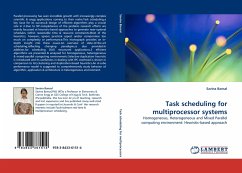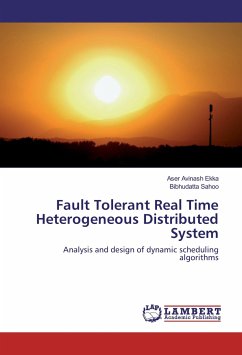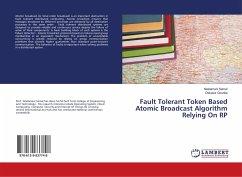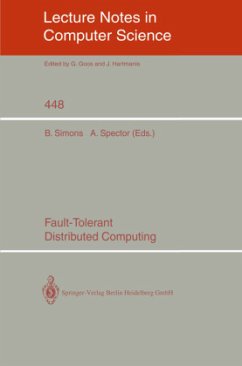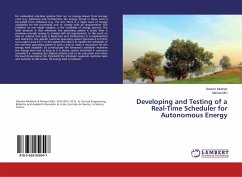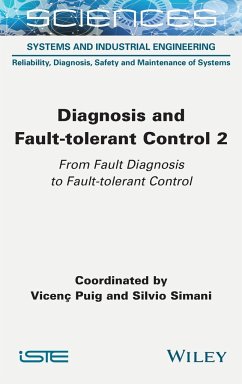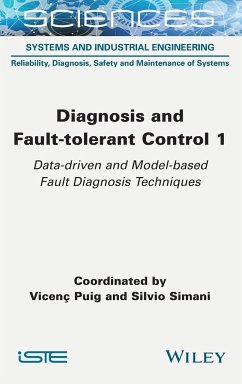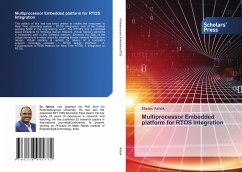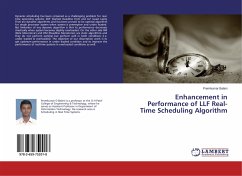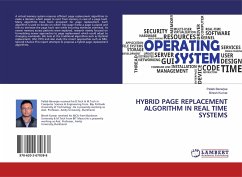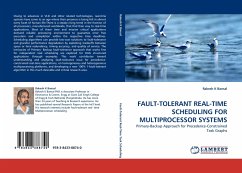
FAULT-TOLERANT REAL-TIME SCHEDULING FOR MULTIPROCESSOR SYSTEMS
Primary-Backup Approach for Precedence-Constrained Task Graphs
Versandkostenfrei!
Versandfertig in 6-10 Tagen
45,99 €
inkl. MwSt.

PAYBACK Punkte
23 °P sammeln!
Owing to advances in VLSI and other related technologies, real-time systems have come to an age where their presence is being felt in almost every facet of human life.There is a steady rising trend in the fraction of all processors, manufactured worldwide, that find their way to real-time applications. Most of these time and mission critical applications demand reliable processing environment to guarantee error free execution and completion within the respective time deadlines. Scheduling algorithms can provide low-cost solutions to fault-tolerance and graceful performance degradation by explo...
Owing to advances in VLSI and other related technologies, real-time systems have come to an age where their presence is being felt in almost every facet of human life.There is a steady rising trend in the fraction of all processors, manufactured worldwide, that find their way to real-time applications. Most of these time and mission critical applications demand reliable processing environment to guarantee error free execution and completion within the respective time deadlines. Scheduling algorithms can provide low-cost solutions to fault-tolerance and graceful performance degradation by exploiting tradeoffs between space or time redundancy, timing accuracy, and quality of service. The intricacies of Primary- Backup fault-tolerance approach that works fine for independent task scheduling are explored for DAG structured applications through examples. This work contributes toward understanding and analyzing fault-tolerance issue for precedence-constrained real-time applications, onhomogeneous and heterogeneous multiprocessing platforms, and developing a new 100% 1-fault-tolerant algorithm in this much desirable and critical research area.



